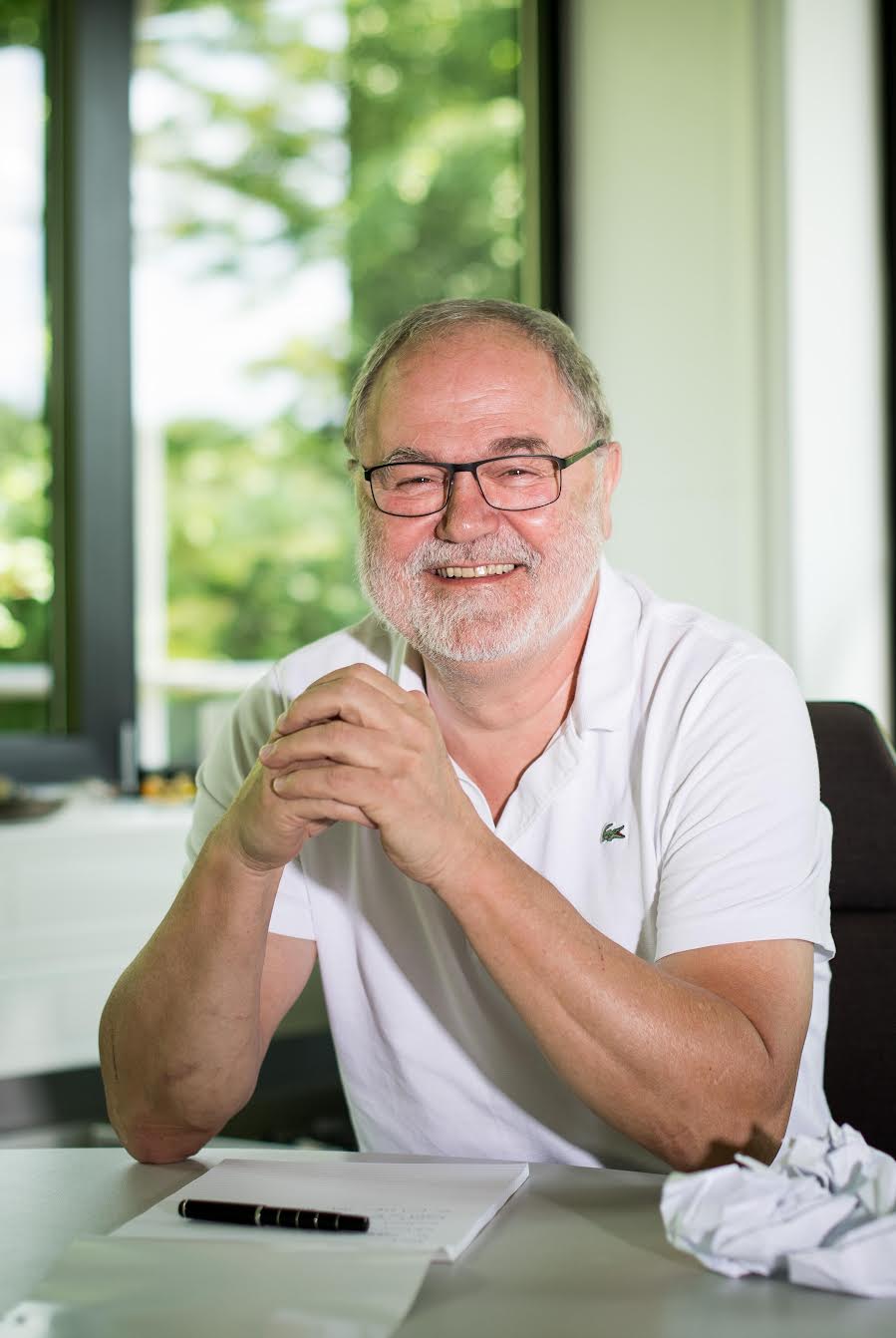Dr. F.C. Kohli Centre of Excellence
January 10–February 4, 2022
Thursday, 20 January 2022, 19:00 IST
Title Fair Allocation of Indivisible Goods
(Video Recording)
Abstract
We want to allocate a set of goods to a set of agents; think of
splitting a heritage. Each agent has a valuation function over
sets of goods. In the simplest case, the agents assign values
to the goods and the value of a set of goods is the sum of the
values of the goods in the set. We want the allocation to be
fair. We introduce important notions of fairness, in
particular, envy-freeness (up to any good) and Nash social
welfare and discuss the existence of fair allocations and the
complexity of finding or approximating one.
The talk is based on joint work with Hannaneh Akrami, Bhaskar
Ray Chaudhury, Jugal Garg, Martin Hoefer, Telikepalli Kavitha,
Ruta Mehta, Pranabendu Misra, Marco Schmalhofer, Alkmini
Sgouritsa, Golnoosh Shahkarami, Giovanna Varricchio, Quentin
Vermande and Ernest van Wijland.
About the speaker
 Kurt Mehlhorn is Director Emeritus of the MPI for Informatics
and Senior Professor of Computer Science at Saarland
University. He headed the algorithms and complexity group at
the MPI for Informatics. He co-authored some 300 publications
in the field, published six books, and is one of the people
behind the LEDA software library. Recently, he produced a
series of video lectures "Ideas and Concepts of Computer
Science" (in German) for a general audience. He supervised
more than 80 students, many of whom have now faculty
positions. He has received several prizes (Leibniz Award, EATCS
Award, Zuse Medal, ACM Paris Kanellakis Theory and Practice
Award, Erasmus Medal of the Academia Europaea) for his work. He
holds Honorary Doctorate Degrees from Magdeburg, Waterloo,
Aarhus, Gothenburg and Patras universities and is an ACM
Fellow. He is a member of the German Academy of Sciences
Leopoldina, Academia Europaea, the German Academy of Science
and Engineering acatech, the US Academy of Engineering, the
Indian Academy of Engineering, and the US Academy of
Science. From 2002 to 2008, he was vice president of the Max
Planck Society. He is a co-founder of Algorithmic Solutions
Software GmbH. He currently serves on the ERC Scientific
Council, the Research Advisory Board of Tata Consultancy, and
the advisory board of Carnegie Mellon, Qatar. Kurt Mehlhorn is Director Emeritus of the MPI for Informatics
and Senior Professor of Computer Science at Saarland
University. He headed the algorithms and complexity group at
the MPI for Informatics. He co-authored some 300 publications
in the field, published six books, and is one of the people
behind the LEDA software library. Recently, he produced a
series of video lectures "Ideas and Concepts of Computer
Science" (in German) for a general audience. He supervised
more than 80 students, many of whom have now faculty
positions. He has received several prizes (Leibniz Award, EATCS
Award, Zuse Medal, ACM Paris Kanellakis Theory and Practice
Award, Erasmus Medal of the Academia Europaea) for his work. He
holds Honorary Doctorate Degrees from Magdeburg, Waterloo,
Aarhus, Gothenburg and Patras universities and is an ACM
Fellow. He is a member of the German Academy of Sciences
Leopoldina, Academia Europaea, the German Academy of Science
and Engineering acatech, the US Academy of Engineering, the
Indian Academy of Engineering, and the US Academy of
Science. From 2002 to 2008, he was vice president of the Max
Planck Society. He is a co-founder of Algorithmic Solutions
Software GmbH. He currently serves on the ERC Scientific
Council, the Research Advisory Board of Tata Consultancy, and
the advisory board of Carnegie Mellon, Qatar.
|

